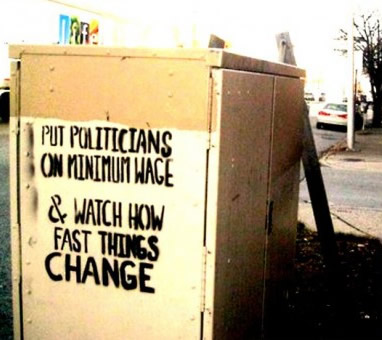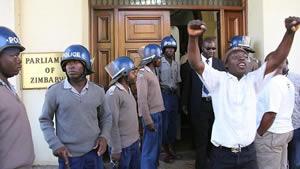Ideas sharing platform launched in Zimbabwe
Monday, August 22nd, 2011 by Lenard KamwendoThe first edition of Tedx was launched in Harare under the name Tedx Harare. This independently organised event was packed with interesting speakers, music performances and Tedtalk videos. The idea of TED started 25 years ago in USA to create spaces for idea sharing and discussions. And finally it has now reached Zimbabwe.
The speakers included some of Zimbabwe’s researchers, entrepreneurs and artists and they all lived up to expectations with inspirational and stimulating performances and presentations. The presentations created an environment where everything was just free from any political and religious agenda. Zimbabwe is awash with so much talent that it begs the question how and where we are getting it wrong as a country. Among the most inspirational presentations was the one done by researcher and academic Oswald Jumira. Oswald explored and shared ideas on how we can make technology work for the next generation and us. He talked on how technology creates challenges, which can be turned into opportunities and make our country move forward and compete in the global village. In the presentation he emphasized the need for government, companies and individuals to invest in technology since it strengthens the future of the next generation.
In one of the Tedtalk videos, Chimamanda Adichie explores the Danger of a Single Story. This Tedtalk got me thinking especially on the way news is reported in Zimbabwe by different newspapers and organisations in mainstream media. A good example of the danger of a single story is how election campaigning in Zimbabwe has caused a lot of stereotyping among citizens. One lesson to learn from this presentation is not to make early judgements on a particular situation or story and not to work on assumptions. This was a wonderful way of educating people about the single story perspective.
Live music performances during the breaks from Tina Watyoka added more life to the event. The other presenters who left the audiences with questions and inspirational answers included Max Soutter and Sarah Norman.
The next edition Tedx Harare is expected to be bigger with more speakers coming to share their ideas and innovative skills with the people of Zimbabwe.











